Origin of Yoruba language in Nigeria
The Yoruba language in Nigeria is one of the biggest language groups in the country and in two neighbor countries: Benin and Togo. The Yoruba tribe is one of the biggest populations within the Nigeria.
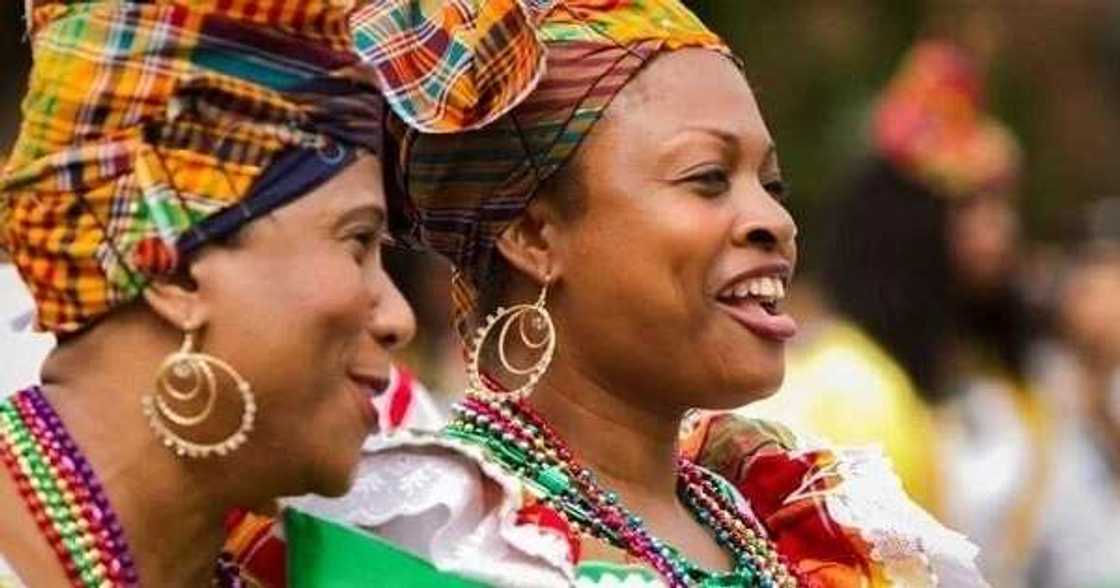
The origin of Yoruba language
Judging by the localization of the existing Yoruba speakers in Nigeria, it’s natural to suppose that the language originated from the local Yoruba population.
There are several versions of the origin of the Yoruba language. Some of them say that this language has its roots in some Middle Eastern languages and many Nigerians love the thought. However, it’s already known that the hypothesis is nothing more than a fiction. This myth was created by British colonists to bring in more consolidation and unity among the numerous ethnic groups with their own languages.
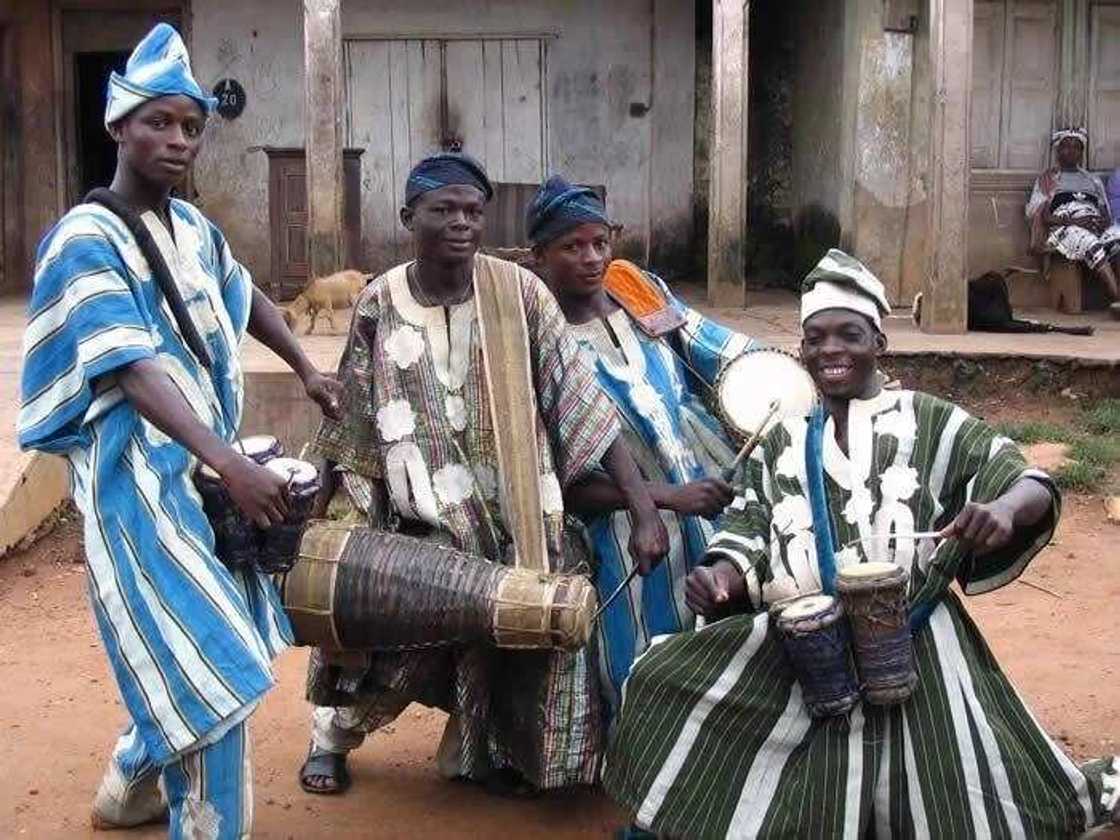
READ ALSO: Most spoken language in Africa - Top 10
Other versions say that there’s some certain Arabic influence on the development and lexicology of the Yoruba language. The point is that there are several Arabic words that do resemble Yoruba ones, and vice versa. However, this hypothesis has no good grounds, either.
Finally, there’s evidence that there has been an ancient dialect called Kanuri, which has once borrowed a lot of Arabic words. This dialect later transformed into Hausa and also gave a part of the Arabic borrowings to the Yoruba language. These interactions between the languages happened as early as the 9th century.
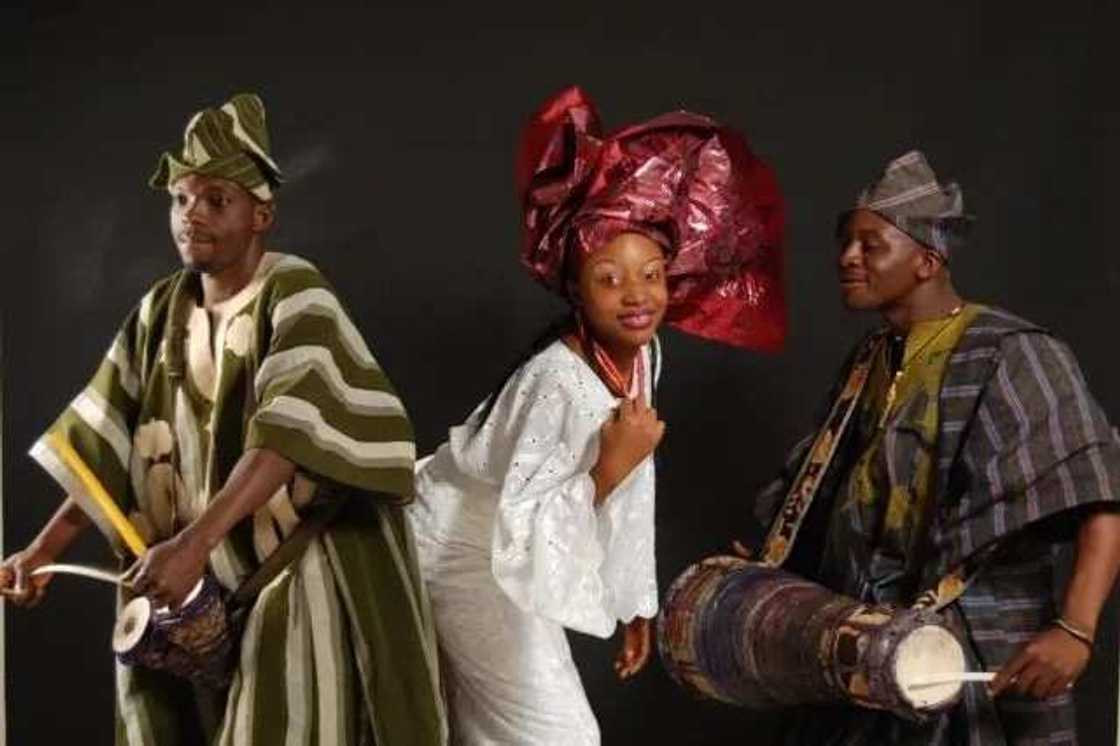
Today, we can find four big groups of dialects and languages in Africa. These are the languages that belong to the Niger-Congo family (which is Yoruba family), Afro-Asiatic languages and dialects (Hausa is a bright representative), Nilo-Saharan ones, and a separate group – Khoisan languages that are located in the southern Africa only and nowhere else.
The existing dialects of Yoruba language at present

There’s a group of dialects that form the Yoruba language. They are distributed according to the geographic location of their speakers. So, there are north-western dialects that originate from the Yoruba language, central ones, and south-eastern Yoruba dialects. Also, Yoruba dialects, which are spoken in Benin and Togo are different from the ones that can be encountered in Nigeria.
The first regulations and rules for the Yoruba writing were invented in 1884 when a Yoruba bishop translated a copy of the Bible into this language for the first time. This dialect was treated as the canonic one and now it’s taught in educational facilities and used for the radio and television.
The classical Yoruba language consists mostly of the dialects from Ibadan and Oyo but also has certain features from other dialects.
The signs of the Yoruba written language
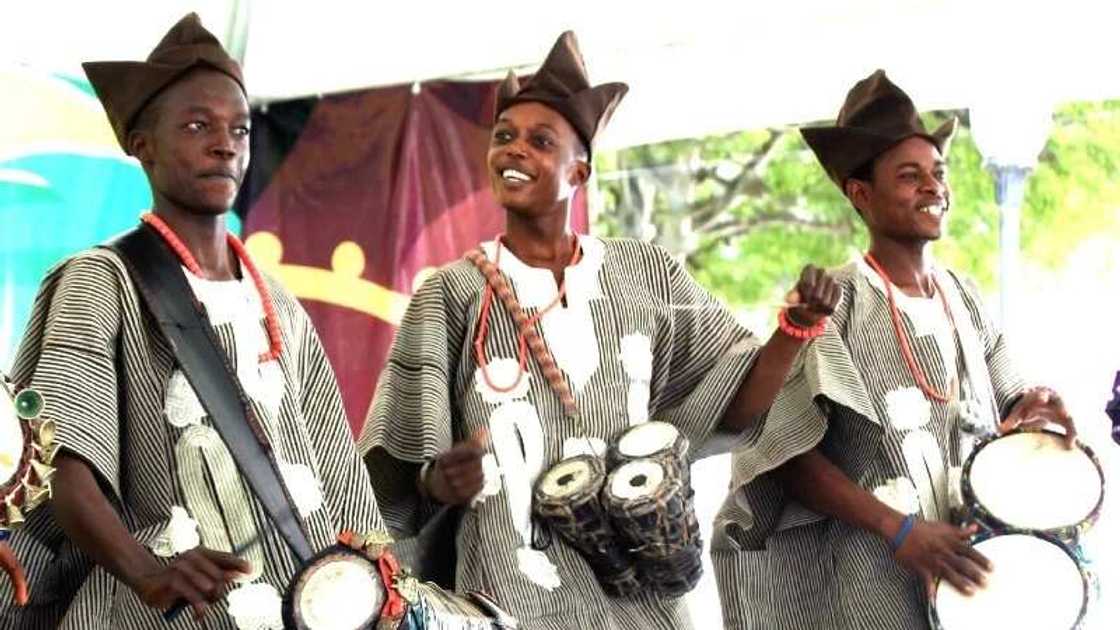
READ ALSO: Problem facing learners of English in Nigeria
The very first attempts to create something like a general written Yoruba language standard were undertaken by the British. The first written texts in Yoruba date back to the 17th century and the works of the members of a certain Christian society. The translation of the Bible mentioned above was the starting point that gave the written language its further development.
Yoruba folklore and literature
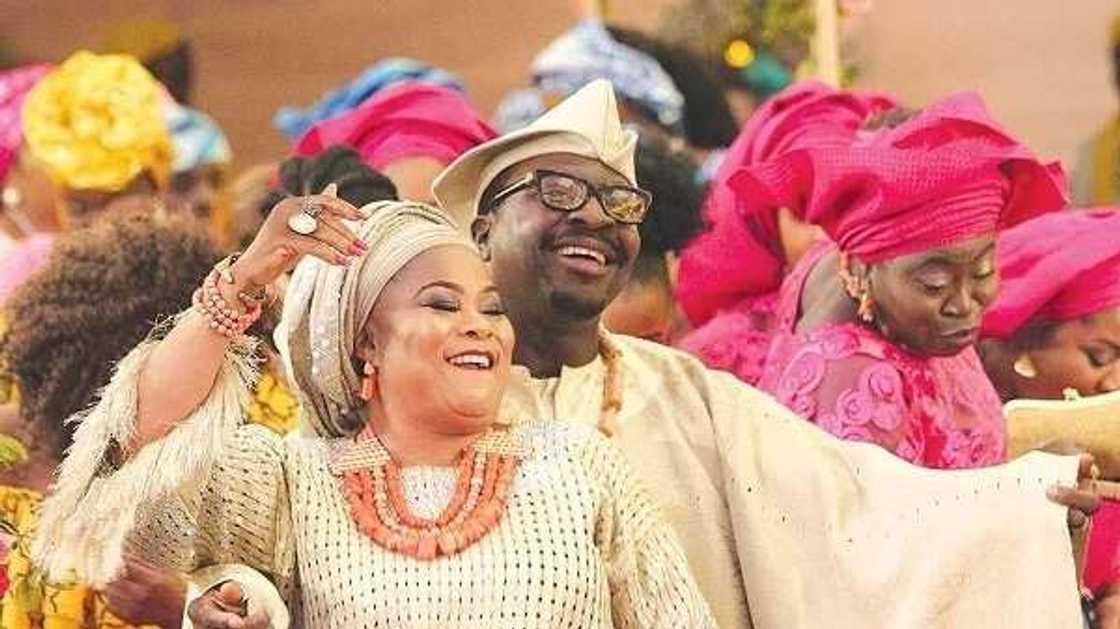
With the further development of the language, there appeared big and contemporary literature works that are known far and wide outside Nigeria.
It’s noticeable in the texts composed by DO Fagunwa who successfully used the magical world outlook from the traditional Yoruba literature pieces to create a specific atmosphere of fantasy. Such scenes usually grasp the attention of readers very effectively.
The present development of Yoruba language

Today, the language has a more or less common base owing to the system of writing and writing rules. The language is being taught in schools and universities, used on television and on radio, and has good chances of further existence.
READ ALSO: How many tribes in Nigeria?
Source: Legit.ng


